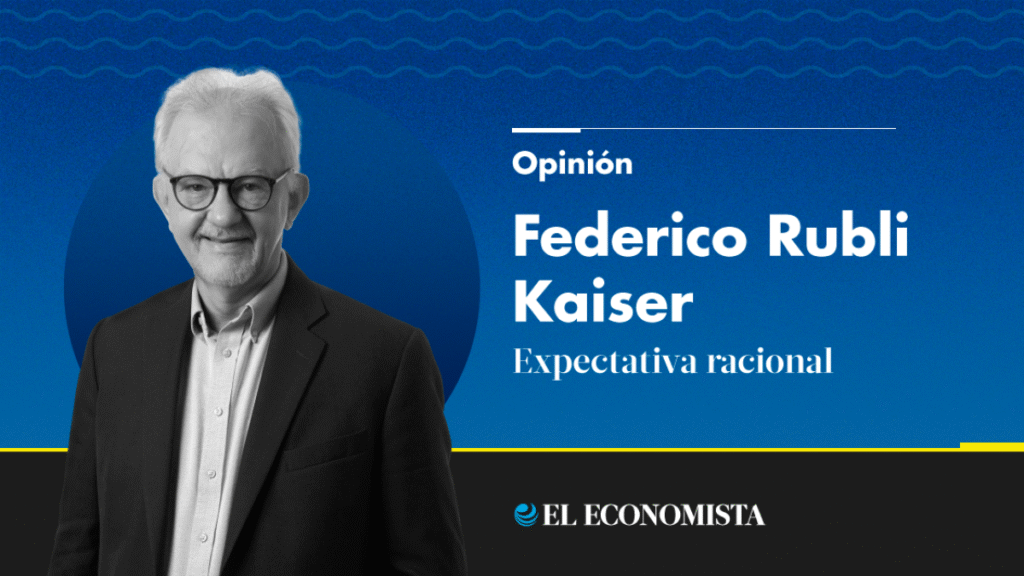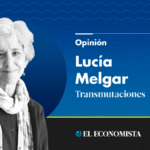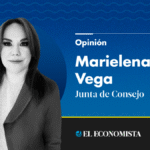Introduction
Last week, in response to a question planted during her morning press conference, President Sheinbaum suggested that it might be worthwhile to discuss the merits of granting a dual mandate to Mexico’s central bank, Banco de México (Banxico). She proposed that the bank could directly contribute to reviving credit and, in turn, support economic development rather than focusing solely on controlling inflation. While acknowledging the importance of maintaining Banxico’s autonomy and expressing no immediate plans to alter the Constitution or bank law, she cited the example of the U.S. Federal Reserve (FED), which has a dual mandate.
Three Arguments Against a Dual Mandate for Banxico
1. Lack of Instruments and Direct Involvement in Credit Allocation
Critics argue that Banxico should collaborate in reviving credit to stimulate economic growth by lending to banks, development banks, and small and medium-sized enterprises. However, they overlook that Banxico lacks the necessary tools for direct credit allocation and should not be a direct participant in the funds market, as this would conflict with its role in regulating liquidity. These critics should consider why credit in the economy is so low and fails to contribute to development. The reasons are insecurity, lack of certainty, contract breaches, property rights violations, high informality, and low financial inclusion. Banxico cannot directly address these factors.
2. Conflicting Objectives of Fostering Growth and Controlling Inflation
Promoting growth and controlling inflation are two objectives that often contradict each other. It is challenging to achieve both simultaneously, as prioritizing one objective inevitably neglects the other. For instance, if there is substantial unused productive capacity in the economy and one aims to boost economic activity, applying monetary stimulus may not immediately lead to price pressures. However, at some point, this temporary boost will cease, and an inflationary process will inevitably begin. The dilemma then becomes whether to shift the priority to inflation control, potentially aborting economic recovery, or maintain the growth focus and accept rising inflation.
3. Susceptibility to Pressure and Political Interference
Introducing a growth target would make Banxico vulnerable to pressure and lobbying from various productive sectors, as well as political intimidation, thereby compromising its autonomy.
Key Questions and Answers
- What is a dual mandate? A dual mandate grants a central bank two primary objectives, such as price stability and maximum employment (in the case of the U.S. Federal Reserve).
- Why are there concerns about a dual mandate for Banxico? Concerns include Banxico’s lack of tools for direct credit allocation, the conflicting nature of growth and inflation targets, and increased susceptibility to political pressure.
- What are the potential consequences of prioritizing growth over inflation control? Prioritizing growth could lead to rising inflation, potentially jeopardizing economic stability. It may also result in Banxico becoming entangled in political disputes and sectoral lobbying, undermining its autonomy.
President Sheinbaum has called for a discussion on this topic. The above points provide a foundation for initiating a technical and serious debate.






